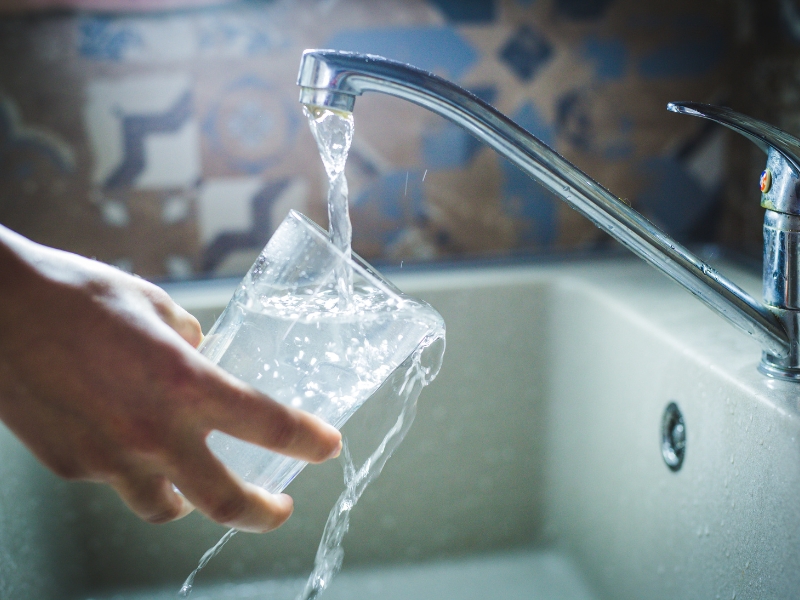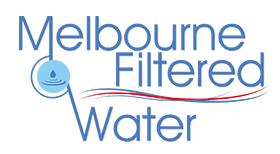
Running a business? Then you’ve probably got bigger things on your plate than what’s in the water jug. But here’s the thing — what’s coming out of your taps might be affecting more than you realise. Whether it’s for your staff, customers, or patients, the quality of your drinking water plays a quiet but vital role in how people feel, think, and function every day. Melbourne Filtered Water helps businesses across Australia improve workplace wellbeing by helping staff and clients drink filtered water instead of relying on untreated tap supplies. From odd tastes to unseen nasties, the risks are real. This article explores why making filtered water the norm at your workplace just makes sense.
What health risks come from unfiltered tap water?
Unfiltered water might look clean, but it often isn’t — especially in commercial buildings with ageing pipes or complex systems. Let’s run through a few of the real problems that can show up:
- Metals like lead and copper don’t belong in your body, but they can leach from old plumbing and settle into your daily brews.
- Chemicals used to treat water, like chlorine, can linger — and when mixed with other stuff, they form byproducts your body doesn’t appreciate.
- Bugs like E. coli or Giardia can sometimes slip through or grow inside the pipes, especially if the building’s been closed for a while.
- You might also be sipping on tiny traces of pesticides or pharmaceuticals. That’s not exactly what you want during lunch break.
If you’re serving people or working in health or hospitality, this isn’t just a ‘nice to have’ fix — it’s essential.
How does poor water quality affect your wellbeing?
We don’t often link how we feel to what’s in our glass, but dodgy water can mess with your body more than you’d expect. And when people spend 8+ hours a day on-site, it adds up. Some things that pop up when water quality isn’t up to scratch:

- Stomach upsets that seem random? It might be the water, especially in places where multiple people share one kettle or sink.
- Weird smells or tastes turn people off drinking entirely — and hydration drops hard. Productivity often follows.
- Skin can feel dry or itchy, even just from washing hands or making tea.
- Some people start getting headaches, brain fog, or fatigue — little issues that become big over time.
That’s why it’s smart to think beyond just access — and look at the health benefits of drinking enough water every day, especially when it’s filtered and consistent.
Could skipping filtration expose you to contaminants?
If you’re skipping filtration in a busy commercial setup, chances are good that something dodgy is making its way through. You might not see it, but it’s there. Here’s what might be floating in your “clean” water:
- VOCs — short for volatile organic compounds — often come from nearby industrial activity and can bypass standard water treatment.
- Stagnant water in rarely used pipes, like those in conference rooms or spare restrooms, creates a perfect environment for bacteria to multiply.
- Disinfection byproducts form when chlorine reacts with organic matter in pipes, and those aren’t something you want in regular contact with.
- Microplastics from worn piping, fittings or municipal infrastructure are making their way into everyday water — and no one knows the long-term effects yet.
Take a look at this quick breakdown:
| Contaminant type | Where it comes from | What it does to you | Contaminant type |
| Heavy metals | Old pipes, industrial runoff | Nerve damage, kidney issues | Heavy metals |
| Chlorine byproducts | Treatment systems | Irritation, potential cancer risk | Chlorine byproducts |
| Germs & bacteria | Stagnant water, shared pipework | Infections, gut problems | Germs & bacteria |
| Microplastics | Pipe wear, external sources | Build-up in tissue, unknown effects | Microplastics |
If you’re managing a site with multiple taps, shared facilities, or sensitive clients, clean water isn’t optional.
What health benefits can you gain when you drink filtered water?
Filtered water doesn’t just taste better — it supports how people perform. When staff drink filtered water, they feel better, stay sharper, and actually consume enough throughout the day. A few key upsides you’ll notice:

- It encourages hydration. If the water’s clean and tastes right, people actually drink it — simple as that.
- Less bloating, gut issues or mystery headaches. Your crew stops dealing with little health niggles that slow them down.
- Your visitors — whether it’s a gym client, café customer or patient — notice the difference too.
- Equipment lasts longer, too. Fewer minerals mean fewer service calls for kettles, coffee machines, or dishwashers.
Ready to sort it? You can find reliable water filter system solutions for safe drinking water without going overboard or disrupting daily ops.
Why installing a water filtration system is worth it
Let’s face it — bottled water’s a hassle. And point-of-use jugs? Half the time, no one fills them. A proper filtration system makes it easy for everyone to drink filtered water and solves all of that. Here’s why commercial systems are worth it:
- It removes the guesswork. No more wondering if the water’s okay — it just is, every time someone fills a glass or boils a kettle.
- It boosts trust. Clients, guests or patients notice when the basics are looked after, and filtered water signals quality.
- It reduces reliance on bottled water, which saves money and cuts down waste. That’s a win for both your budget and your ESG goals.
- It’s scalable. Whether you’ve got one tap or a facility with 20 sinks, there’s a system that fits.
Install once, and it quietly improves the flow of your workplace in the background.
Why does regular maintenance of water filters matter?
Even the best filter doesn’t last forever. Let it run too long, and you’re not filtering much of anything anymore. What can go wrong if maintenance is skipped:
- Filters clog. That means slower flow and less effective filtration — or worse, dirty water slipping through.
- Old cartridges can breed bacteria — especially in humid kitchens or gyms.
- Seals start failing. Next thing, you’ve got water leaks or pressure drops mid-shift.
- Poorly maintained systems burn more energy and break down quicker — so you’re spending more for less.
Keeping up with filter changes is just like servicing your car. Do it on time, and you avoid bigger headaches down the road.
Final thoughts on why choosing to drink filtered water matters
Clean, filtered water isn’t a fancy upgrade — it’s a practical one. Encouraging everyone to drink filtered water protects the people in your space, supports wellbeing, and tells your clients you care about the details. From improving hydration to reducing long-term health risks, the benefits stack up fast. If your business is ready to step up its water game, you can see how Melbourne Filtered Water supports healthier living with clean water through tailored systems built for high-use environments.
